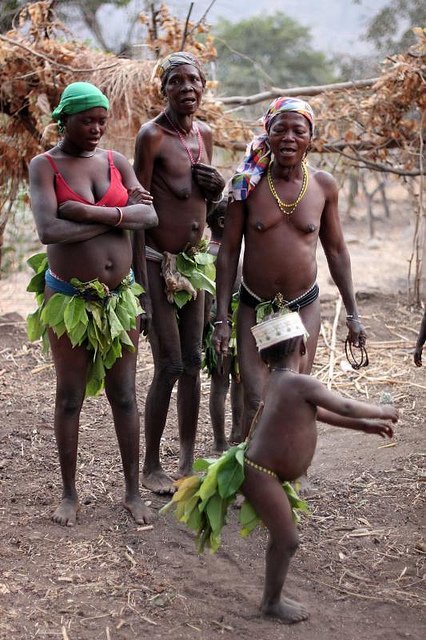EJIGBO: The French Speaking Community in Osun, Nigeria.
The forebears of many of the migrants had lived in the West African country for more than 100 years.
The fourth or fifth generations of these migrants are today a common sight in Cote d’Ivoire, and many of them answer Ivorian names because they were born and bred there. While they are mostly fluent in French language, only a few of them could manage to speak smattering English.
Surprisingly, however, majority of them can speak Yoruba fairly fluently.
Many of them are into business, shuttling between Lagos and Abidjan. They come to Lagos and other parts of Nigeria to buy items which they convey to Abidjan to sell. Some of them also try to maintain the link with their origin by sending their children to Nigeria to acquire education so they can speak English in addition to French.
According to research findings, the first set of migrants from Ejigbo moved to Cote d’Ivoire in 1902 and blended into life in Treichville, a suburb of Abidjan named after Marcel Treich-Laplène (1860 –1890), a Frenchman who was the first explorer of Côte d’Ivoire and its first colonial administrator.
Historically, before the discovery of Côte d’Ivoire as a hub of trade, the Ejigbo migrants first settled in the Republic of Benin, Togo and Ghana.
They were said to have traded in local fabrics such as ‘kita’ (originally worn by the royal family or by notable people on special occasions) as well as farm produce, since the major occupations of the Ejigbo people are farming and hunting.
Currently, there is also direct commercial bus transportation from Ejigbo to a lot of francophone African countries. This sometimes leads to illegal trafficking of individuals from Ejigbo to Cote D’Ivoire.
To stem the tide of illegal trafficking of persons, the Osun State Government, under the administration of Ogbeni Rauf Aregbesola in 2014, established a base of the National Agency for the Prohibition of Trafficking in Persons (NAPTIP) to Ejigbo.
The former governor said the approval of the base was based on constant migration of the people in the town and the need to checkmate the non-profitable migration of the people to neighbouring countries in the search for greener pastures.
He noted that every household in Ejigbo community has a migrant in Cote d’Ivoire, because they do it to help one another to grow.
Salam believes that the take-off and returning point of Abidjan buses is in Ejigbo because many of the indigenes are into transportations business.
As a result, many of the people who ply Abidjan, Togo and other West African countries have made Ejigbo their preferred route. He noted that the buses normally leave on Sunday and return to Ejigbo the following week.









0 Comments